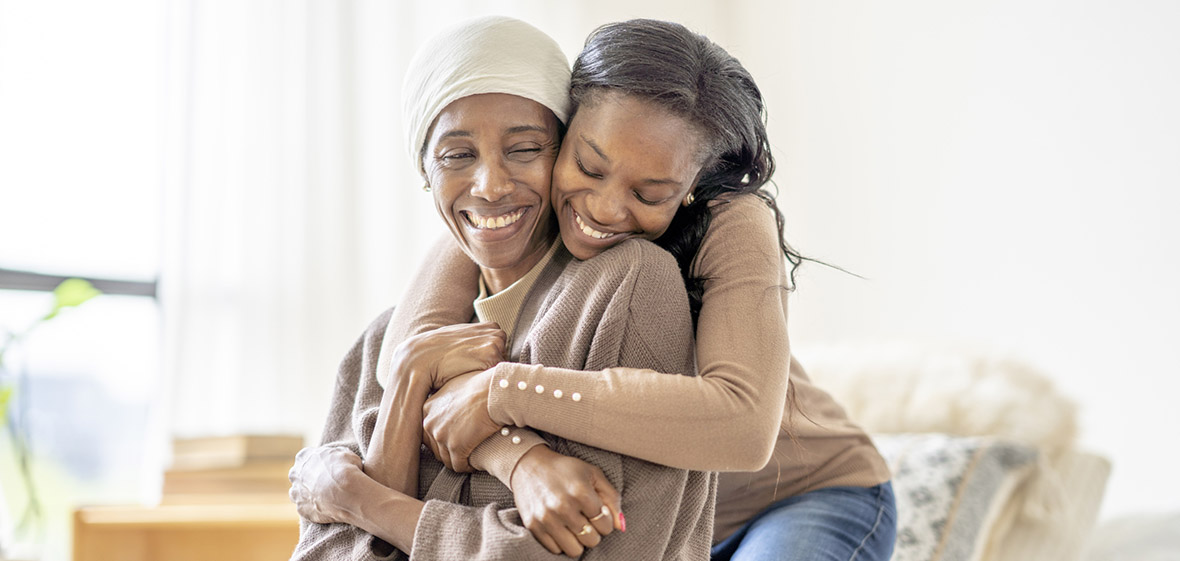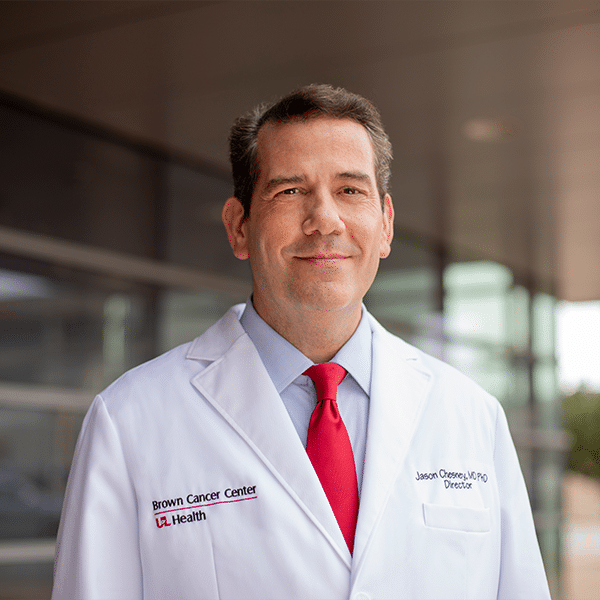
As we work to serve our communities with compassionate, innovative, patient-centered care, it’s important to acknowledge the health care disparities found within our own community. It is our goal to recognize and address diseases and medical challenges facing at-risk populations and work to provide greater wellness and needed resources.
Did you know African Americans experience greater challenges with cancer prevention, detection, treatment and survival more than any other race or ethnic group? Due to lack of resources or access to proper care, this demographic generally sees worse medical outcomes, more premature deaths and have the highest incidence of cancer.
According to the American Cancer society, Black women are 41% more likely to die from breast cancer than white women despite lower occurrence of the disease. They also note prostate cancer death rates in Black men are more than double those of any other race.
As we work to bridge the gap in health care for our community, there are several ways to get involved and better educate ourselves.
Become an advocate for yourself and your family. Within our own communities, we can work to encourage our family members and friends to regularly see their primary care provider for routine tests and screenings and seek medical attention when irregularities arise.
Talk about the diseases that run in your family and talk with your provider about any symptoms you may be experiencing or additional screenings you may need. Additionally, talk with your doctor about other diseases for which you may be considered high-risk.
The UofL Health – Brown Cancer Center works closely with the Kentucky Cancer Program, which is part of the University of Louisville and their Kentucky African Americans Against Cancer initiative to reach Black families and share cancer prevention resources. This organization partners with African American churches and other communities to share nutritional recipes, healthy lifestyle tips and medical resource information in hopes to reduce cancer incidence and mortality among African American populations.
To help overcome some of these health disparities, it also takes an effort to break down barriers to care such as transportation. Brown Cancer Center’s Resource Centers, part of the SOAR On Loyd Family Wellness Program, have programs in place to help patients get to and from treatment and overcome other obstacles to accessing care.
If you or someone you know is concerned about their risk of cancer, consult your primary care provider. Call the UofL Health – Primary Care hotline at 502-588-4343.
Visit our cancer screenings webpage to learn more about cancer screenings. If you’ve been diagnosed with cancer, call UofL Health – Brown Cancer Center at 502-562-HOPE (4673).









